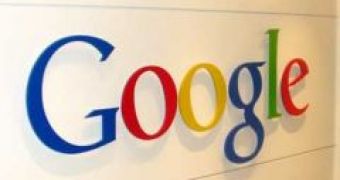Microsoft is pointing the finger at Google, accusing the Mountain View-based Internet giant of being a parasite preying on media companies. Speaking at the UK Association of Online Publishers, Thomas C. Rubin, Microsoft chief counsel for Intellectual Property Strategy, indicated that, while publishers were struggling with layoffs and closures, Google profited from the high-quality content they produced, without bothering to ask for permission.
Rubin pointed out that while the "information wants to be free concept" kept on seeing an increasing proliferation as a business model, it was nothing short of a disaster for newspapers. But not for Google. This because Google turned "free" into a gold mine.
"Put aside, for a moment, the concerns that many have expressed that Google is profiting by using others’ content without permission. Consider just the economics. Google’s vice president of search revealed this summer that Google News, a product that was put together in a weekend and that is run by automated search algorithms, generates $100 million in revenue for its business."
"That's no small sum, especially when one considers the negligible investment and extremely high margins. What it demonstrates is that quality content does have great value. Only in this case, as has been pointed out, the $100 million is a bonanza enjoyed by Google, not the creators. Clearly this can’t be the future for publishing," Rubin stated.
In Microsoft's perspective the future must bring to the table a relationship based on mutualism, and not parasitism between media companies and technology firms. Rubin emphasized a simple solution involving copyright, competition and collaboration.
The difference between Google and Microsoft is that the latter has seen its fair share of legal battles, while the first is just now starting to get dragged into courts. The $1 billion Viacom lawsuit over the copyright infringement cases on YouTube has yet to sink in with Google, and make it understand the value of respecting copyright and collaboration.
"First, publishers and editors must be able to maintain appropriate control of their own branded content and the experience of their readers, and not cede those to search engines or aggregators. Second, the online publishing business must remain free and competitive, with plenty of room for new creators to emerge, and with no single entity – be it a publisher or a technology company – able to gain a chokehold over revenue streams or reader experiences. And third, publishers and technology companies must collaborate to ensure that the great promise of our digital age is realized in ways that preserve and enhance the quality journalism that free societies depend upon," Rubin added.

 14 DAY TRIAL //
14 DAY TRIAL //